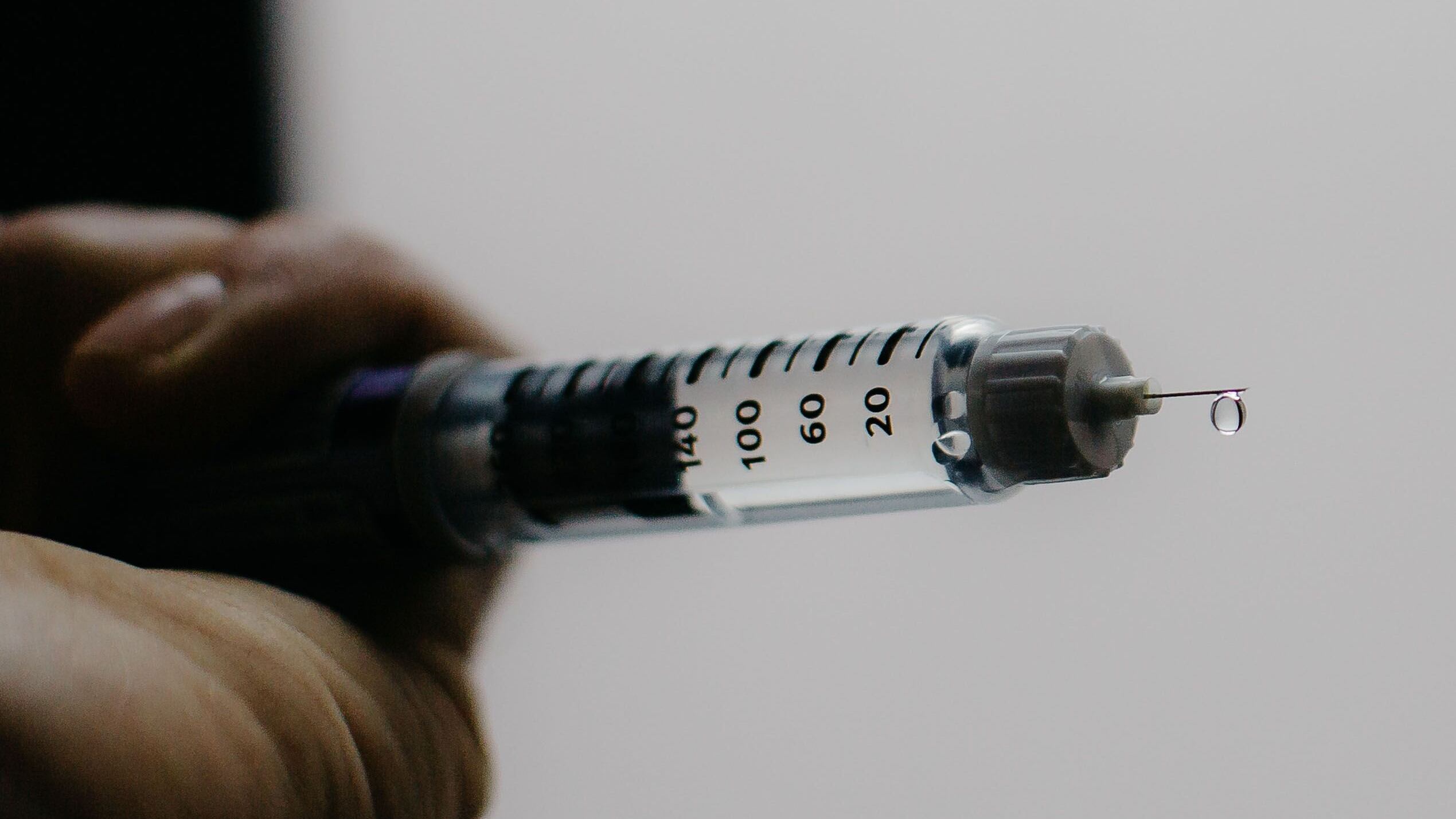(Bloomberg) -- The US Federal Trade Commission sued units of CVS Health Corp., Cigna Group and UnitedHealth Group Inc. on Friday, accusing the drug middlemen of engaging in illegal rebate programs that drove up the price of insulin.
The agency said it filed a complaint in its administrative court alleging that CVS’s Caremark, Cigna’s Express Scripts and UnitedHealth’s Optum Rx accepted money from drugmakers in exchange for keeping lower-cost insulin off their lists of approved drugs. The companies’ affiliated group purchasing organizations — started in recent years to negotiate rebate payments with drugmakers — were also named.
The enforcement action is part of an escalating conflict between the FTC and the three pharmacy benefit managers that together control about 80% of prescriptions filled in the US. Since the companies have merged with larger health conglomerates that also own insurers, pharmacies, and doctors clinics, they’ve faced intensifying pressure in Washington.
The drug gatekeepers favored versions of insulin with higher upfront prices and bigger rebate payments from pharmaceutical companies, which shifted more costs onto patients, the FTC alleged. The PBMs collected billions in rebates and fees as the list price of a common insulin, Humalog, rose 1,200% between 1999 and 2017, the agency said.
It didn’t make its filing available immediately, but described it in materials shared with reporters. The administrative complaint starts a process whereby the allegations will be tried in a formal hearing before an administrative law judge, the agency said.
Shares of the big PBMs’ parent companies dipped on the news, with CVS falling 1.8% at 12:58 pm. Cigna and UnitedHealth were both down less than 1%.
An FTC official said the case argues that PBMs’ rebate practices amount to unfair methods of competition. The official, who was unauthorized to speak publicly on the matter, said the agency hopes the enforcement action will lead to lower list prices not just for insulin but for other drugs, too.
Cutting Costs
The pharmacy benefit managers defended their programs, saying they protect Americans from rising drug costs. If the suit succeeds, it could drive prices even higher, Cigna Chief Legal Officer Andrea Nelson said in an emailed statement.
The lawsuit “continues a troubling pattern from the FTC of unsubstantiated and ideologically-driven attacks on pharmacy benefit managers,” Nelson said. The company intends to “protect our ability to lower drug costs” for clients and members, she said.
CVS said its members already pay less than $25 for insulin on average. The company blamed drugmakers for rising prices and said it negotiated discounts to lower costs for members.
“Any action that limits the use of these PBM negotiating tools would reward the pharmaceutical industry and return the market to a broken state,” spokesperson David Whitrap said in an email.
The suit “demonstrates a profound misunderstanding of how drug pricing works,” Elizabeth Hoff, a spokesperson for UnitedHealth’s Optum Rx, said in an email. Insulin costs for its members are less than $18 a month on average thanks to its negotiations with drugmakers, she said.
Clarity Needed
Lawmakers from both parties have sharply questioned PBM practices and called for new laws to force more transparency, policies that could get a vote in the lame-duck session after the US presidential election. The FTC under Chair Lina Khan has spent years investigating the industry and in a July report accused large PBMs of driving up prescription costs and favoring their own pharmacies.
PBMs contend that the July FTC report cherry-picked examples rather than looking at all the data.
Cigna called the report “defamatory” in a lawsuit against the FTC this week, and published a full-page ad in the Wall Street Journal as part of a campaign to rebut it. The pharmacy benefit groups maintain that nearly all rebates from drugmakers are passed on to clients, who can use them to offset other health-care costs.
Three of the five FTC commissioners voted to file the administrative complaint, while two recused themselves.
Caremark, Express Scripts and Optum Rx are the three largest PBMs. The companies negotiate with drugmakers and manage prescription plans for employers and health insurers, influencing what drugs are available at what price for tens of millions of Americans.
Facing rising scrutiny in Washington, the PBMs have launched a campaign to push back. They hired an outside firm that pooled the companies’ data and produced a report refuting arguments that the industry raises costs. The drug middlemen say they’re a necessary counterweight to the unchecked power of pharmaceutical companies to set prices.
Insulin Domination
The insulin market is dominated by three manufacturers: Eli Lilly & Co., Sanofi SA, and Novo Nordisk A/S. While the FTC didn’t take action against those companies today, the agency said they should be “on notice” and may face future enforcement actions.
Since Lilly developed the first commercial insulin a century ago, it’s become one of the world’s most sought-after drugs, helping diabetics control blood sugar when their bodies either don’t produce enough of the hormone or are resistant to it. US Medicare spending on insulin topped $13 billion in 2017, up more than eightfold from a decade earlier.
Last year, Lilly and Sanofi pledged to cap patients’ costs for some insulin products at $35 a month, heeding a call by US President Joe Biden for a nationwide ceiling. Novo also reduced the list prices on its most commonly used insulin. For patients with Medicare prescription drug plans, out-of-pocket costs for insulin are now capped at $35 a month under the Inflation Reduction Act.
A representative for Lilly said the company has cut insulin prices since 2017, and that the FTC complaint focuses on aspects of health-care where the drugmaker has long sought to reform.
(Adds stock price in sixth paragraph, PBM comment in eighth to 11th paragraphs)
©2024 Bloomberg L.P.
